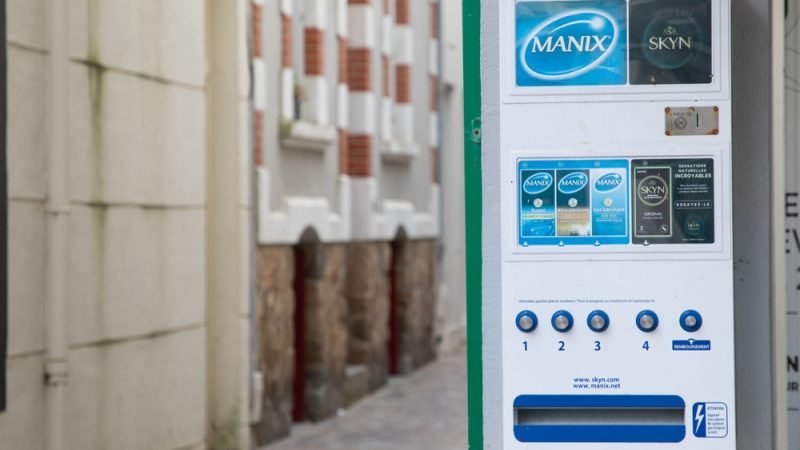Teenagers are using fewer condoms when having sex, a report commissioned by the World Health Organisation (WHO) has found, leading to concerns over the risks of unwanted pregnancy and sexually transmitted infections (STIs).
Between 2014 and 2022, the proportion of sexually active young people who used a condom the last time they had sex fell from 70% to 61% for boys and from 63% to 57% for girls, according to the report published on Thursday (29 August).
The same data reveals that almost a third of adolescents (30%) reported using neither a condom nor a contraceptive pill.
However, according to Dr Hans Kluge, WHO Regional Director for Europe, these figures – while worrying – are not surprising.
“Age-appropriate comprehensive sexuality education remains neglected in many countries, and where it is available, it has increasingly come under attack in recent years on the false premise that it encourages sexual behaviour,” Kluge said in a press release.
Roadmap for policymakers
The WHO report contains several recommendations for policymakers, educators and health workers with the aim of, “Equipping young people with the right knowledge at the right time leads to optimal health outcomes linked to responsible behaviour and choices.”
In other words, education programmes covering a wide range of topics, including comprehensive sex education, should be implemented in every school.
“Education must go beyond just providing information”, said Dr András Költő of the University of Galway (Ireland), the lead author of the report, who suggests opening safe spaces and services for young people to discuss any issue related to intimate relationships.
“Governments, health and education authorities, and civil society organisations – should help them develop crucial life skills including transparent, non-judgmental communication and decision-making”, he added.
Financial and political support
Beyond educating teenagers, financial and political support is needed to develop strong, safer sex education programmes, the UN health agency added.
A 2022 study commissioned by the European Parliament’s Committee on Women’s Rights and Gender Equality (FEMM) also highlighted the need to invest in teachers and staff working in schools.
According to the FEMM committee, the EU institutions should provide funding to promote sex education and exchange best practices between member states.
In Catalonia, for example, schools have introduced a pilot programme of sexual and emotional education for all children aged 3 to 15.
“We have the evidence, the tools, and the strategies to improve adolescent sexual health outcomes. What we need, though, is the political will and the resources to make it happen,” said Dr Margreet de Looze of Utrecht University, one of the report’s co-authors.
The example of anti-LGBT+ propaganda
While sex education is compulsory in 19 EU countries, in many, it is grouped together with education on sexual orientation and gender roles, according to the European Commission.
Some member states have pushed back against teaching anything to do with teaching anything to do with the LGBT community in schools, meaning access to sex education is at risk.
Bulgaria has become the latest EU country to restrict young people’s access to information, as its parliament voted overwhelmingly on 7 August to ban what it called LGBT+ “propaganda” in schools. Solana Token Creator

